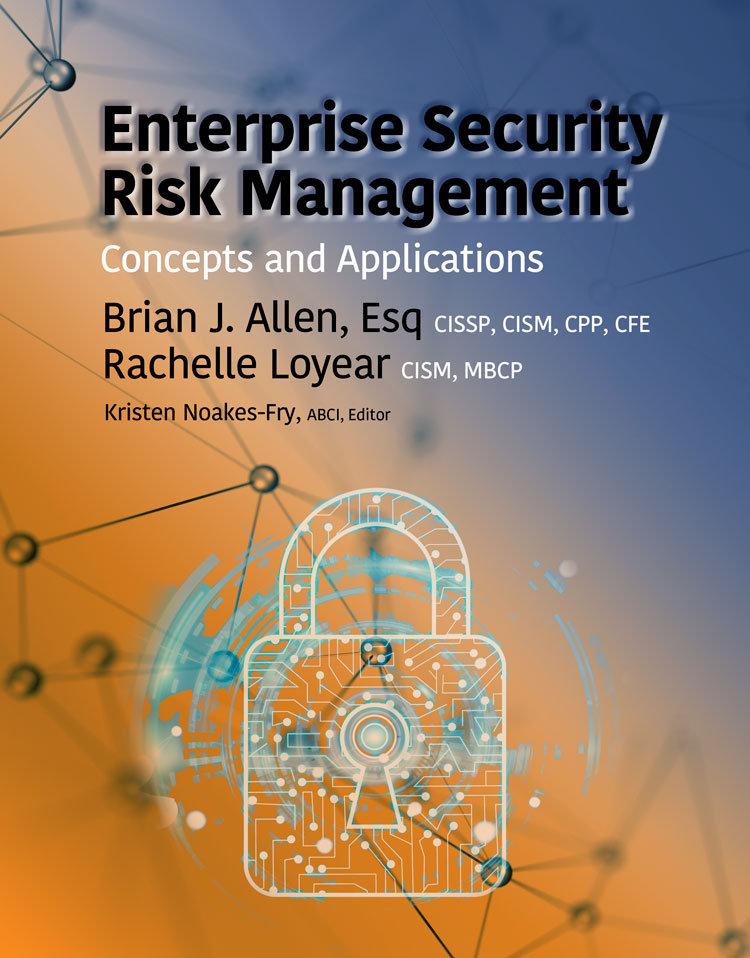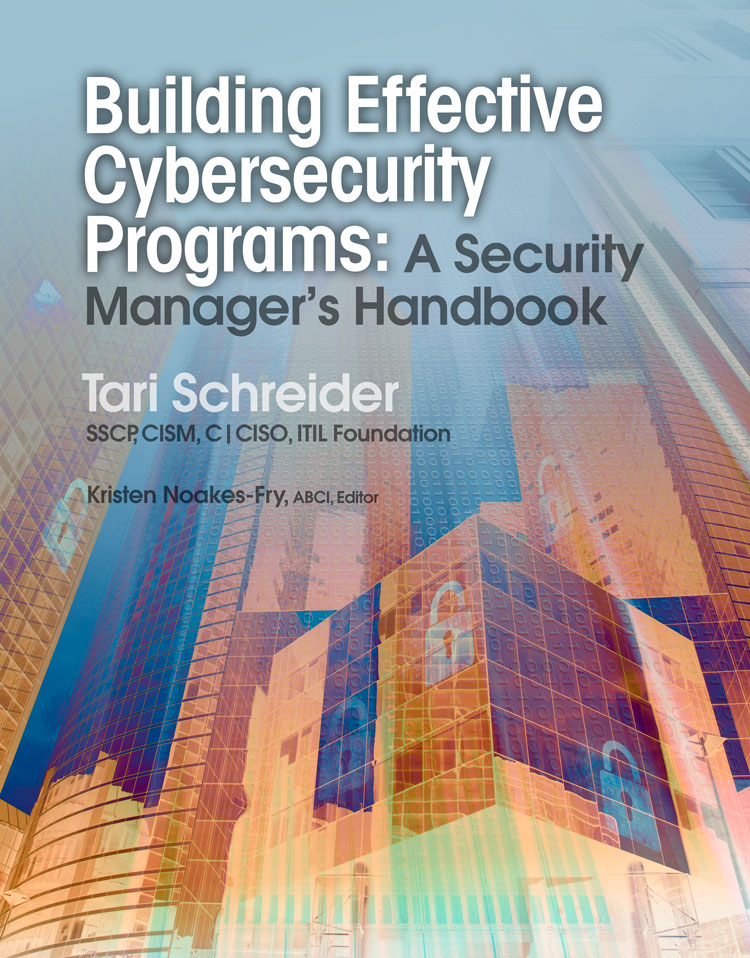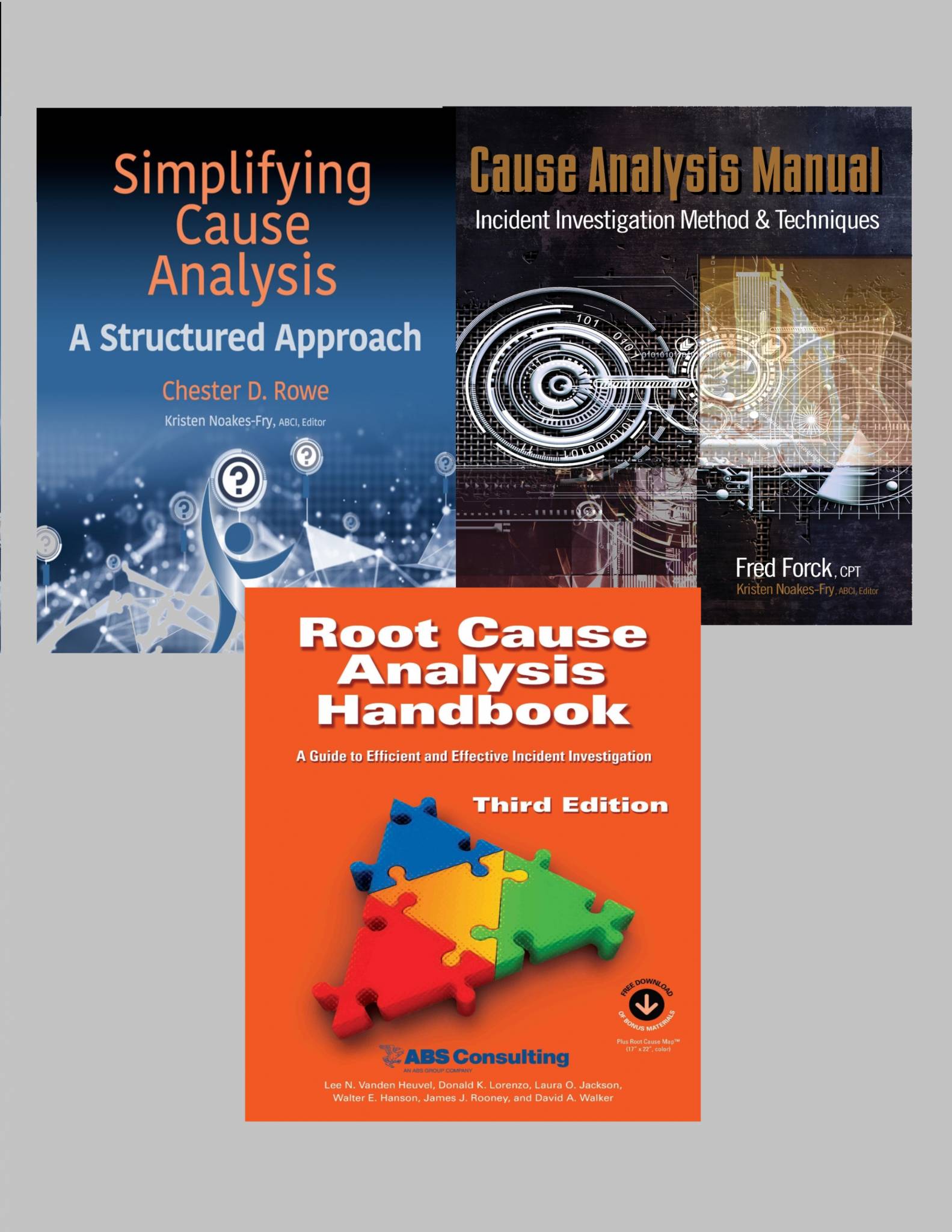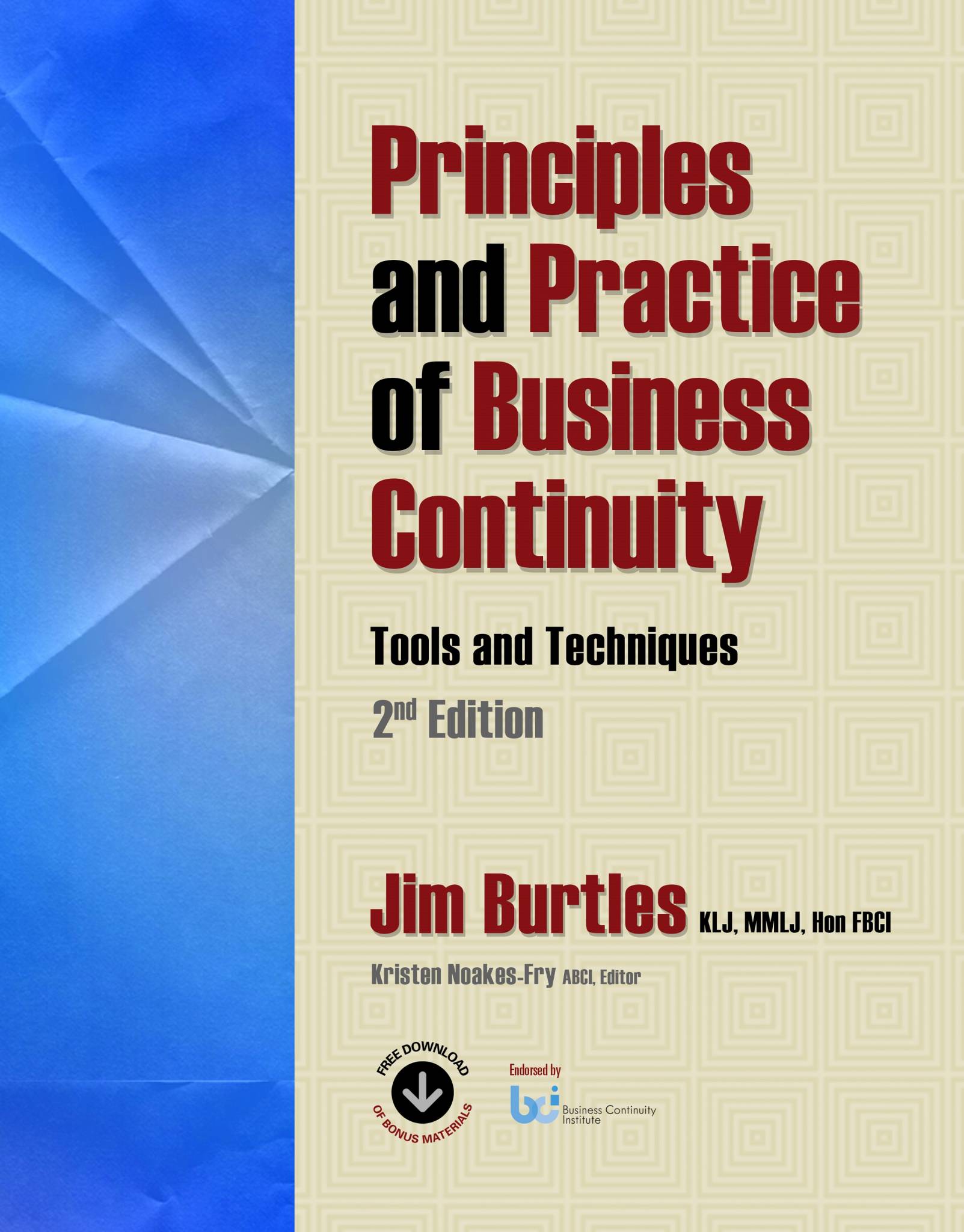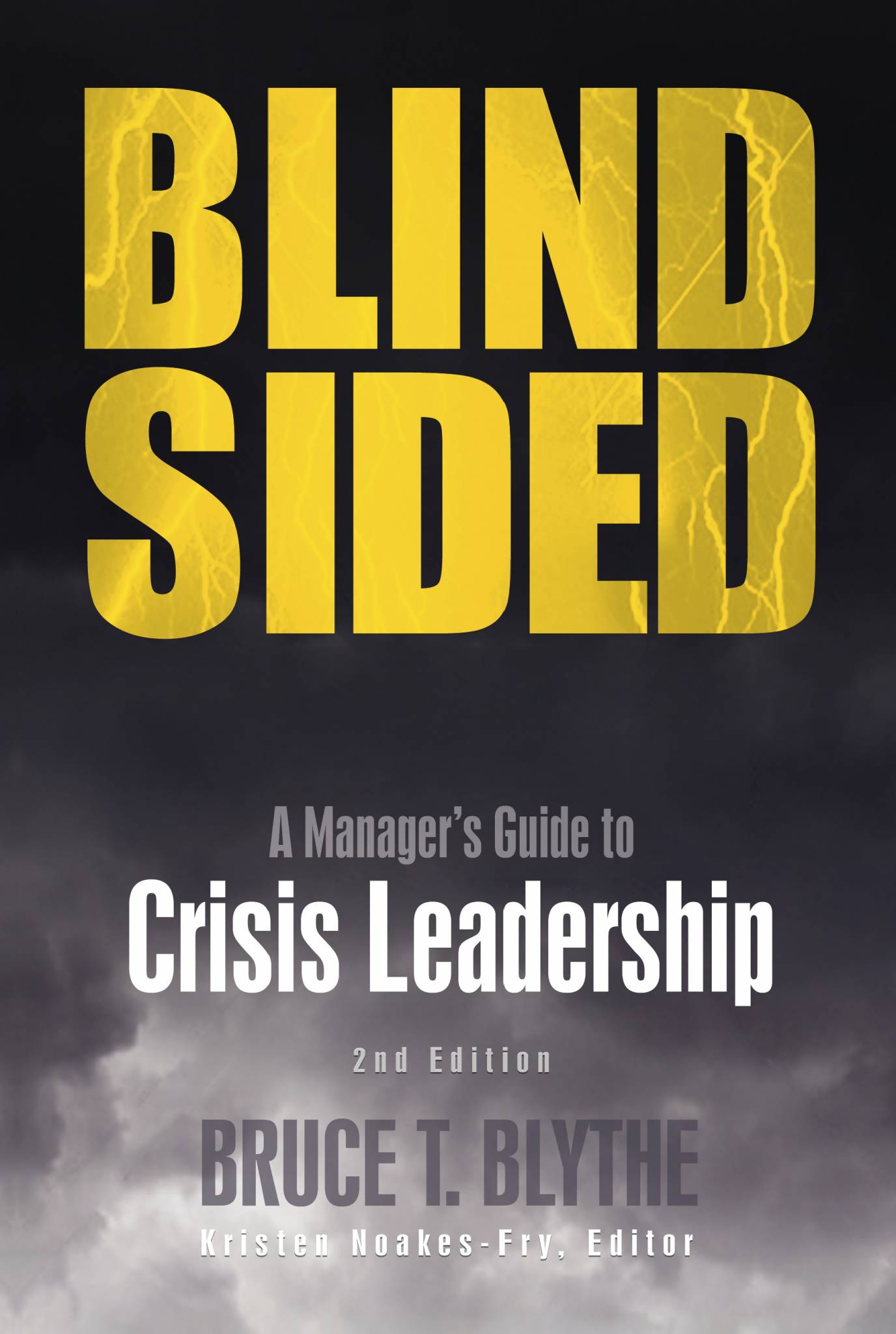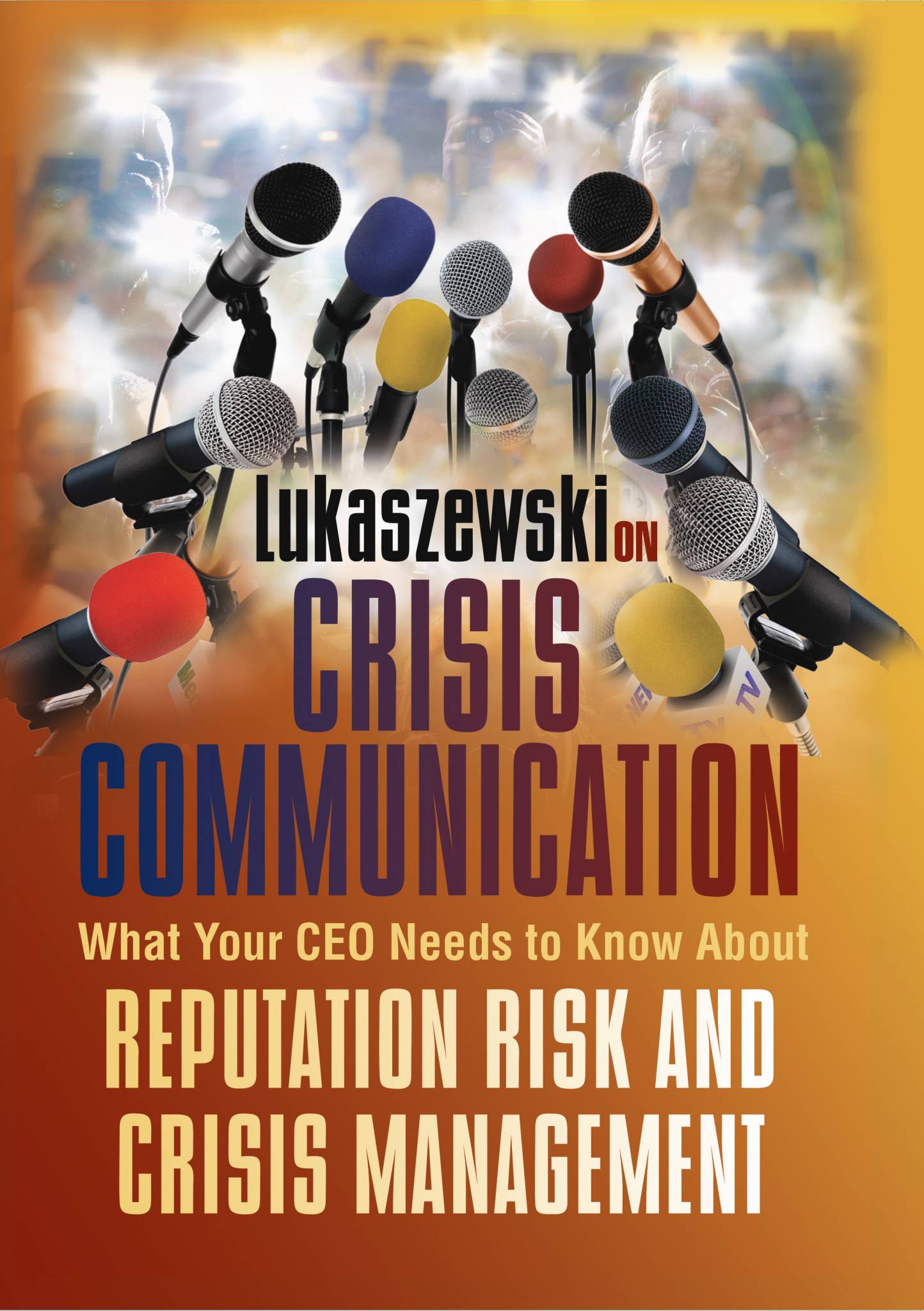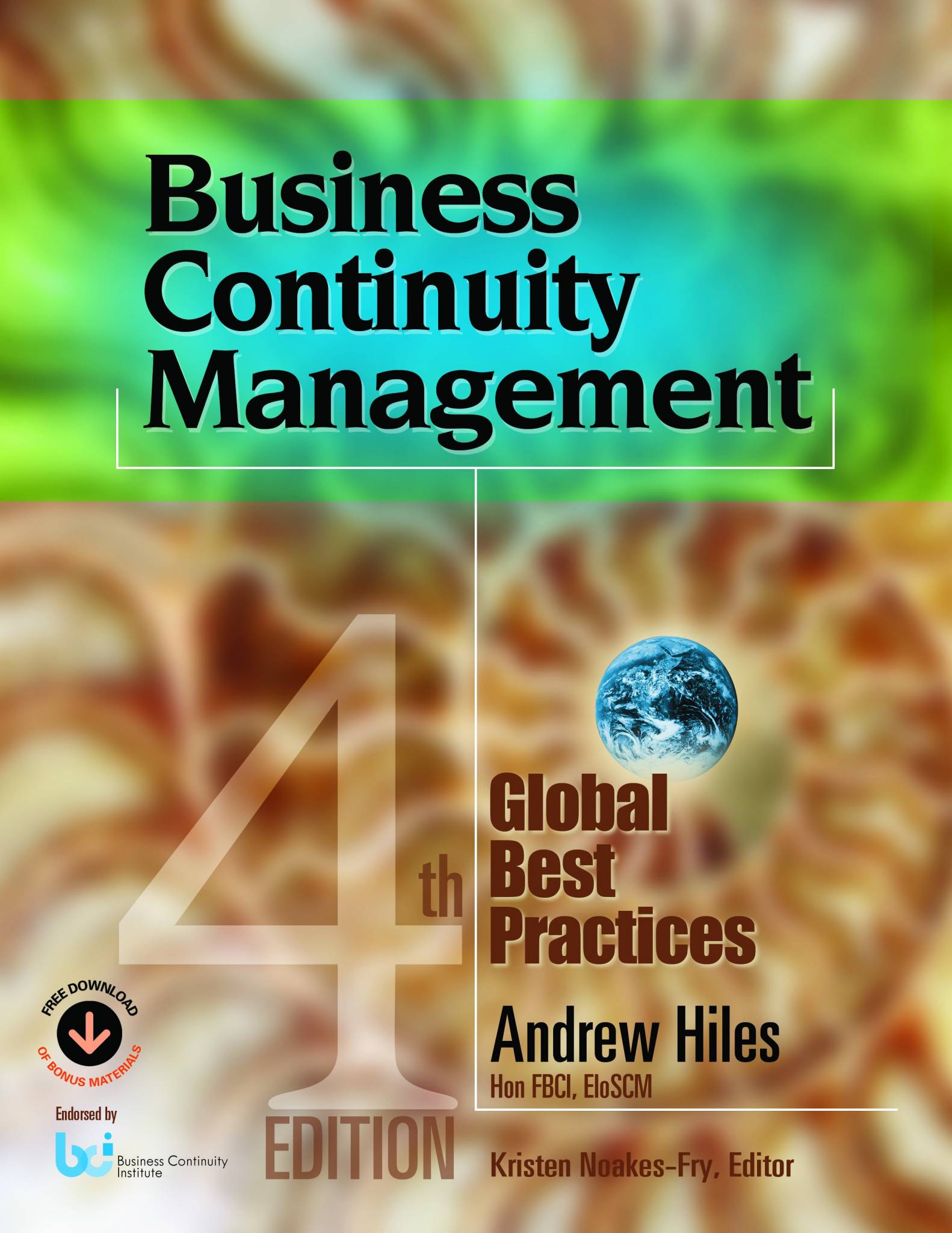Crisis management may be defined as the exercise of common sense at lightning speed. Importantly, the effectiveness of crisis communication during the hours, days, and weeks it takes to resolve and recover from an event will prove essential to preserving the reputation, credibility, and morale of your organization.
My years of experience and observation of crisis response have made it abundantly clear that every business and organization is vulnerable to mistakes, mishaps, surprise events, and human error. We are all vulnerable! However, experience also demonstrates that it is a prudent organization that has studied its vulnerabilities, identified those that present the greatest risk, and gets ready with what it must do and say to respond quickly and effectively in the face of a crisis.
- Jim Lukaszewski
Get your free chapter!
